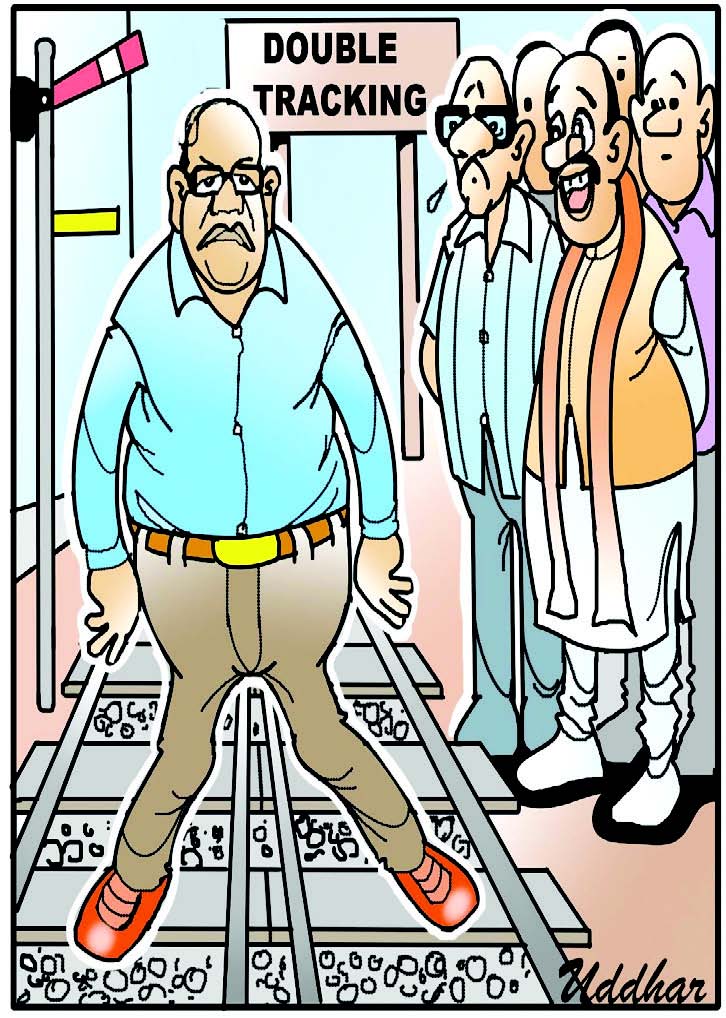Vinod Chandrashekhar Dixit
Don’t we think our lives in the digital age is alternate between cyber dangers and cyber security? Hacking is one of the most dangerous cybercrimes that has emerged in the internet age. Recently the All India Institute of Medical Sciences (AIIMS), Delhi’s server was down for the sixth day in a row as hackers have hacked the official website of the hospital and allegedly demanded an estimated Rs 200 crore in crypto currencies.
The AIIMS server has stored data of several VIPs, including former prime ministers, ministers, bureaucrats and judges. India’s hacking ecosystem has seen manifold growth over the past few years. And, today, there are thousands of hackers that are carrying out clandestine operations but have escaped the glare of cyber security experts.
Whenever the word 'Hacking' or 'Hacker' comes to our mind, the picture or the image which is created is that of an intelligent being who is criminal by nature, which attacks other computer systems, damages it, break codes and passwords, send viruses etc. Their mindset are as if the 'hackers' are the computer criminals. They have a very wrong notion in this regard and have a completely negative attitude and utter dislike for the 'Hackers'. Hackers' are very intelligent people who use their skill in a constructive and positive manner.
They help the government to protect national documents of strategic importance, help organisations to protect documents and company secrets, and even sometimes help justice to meet its end by extracting out electronic evidence. Rather, these are people who help to keep computer criminals on the run. Hacking is a method of identifying weak links or holes in a computer network and then gaining unauthorised access to change the settings of the targeted network or computer system. Hacking is a derogatory phrase that is frequently associated with criminal activity.
In a recent study, it was revealed that out of 15 Indian cities, Mumbai, New Delhi, and Bengaluru have faced the maximum number of cyber attacks. India has faced a rise of 7.9% in data breaches since 2017.
In 2018, India's state-run health portal - which allows users to book online appointments at government hospitals - left exposed a part of its website.
This meant that the personal details and health information of nearly two million users could have leaked.
Security researchers had been trying to pin down the group of hackers operating under the shadow of Belltrox for years. The earliest identified victim goes back to 2017. Before the Delhi-based firm was identified, security researchers even had code words to describe what seemed to be eerily similar hacking attempts: Dark Basin hackers, mercenary armada.
Cyber hacking has stolen millions from people worldwide, and not just money. People´s personal information has been leaked. Hacking violates Article 21, which deals with the right to life and personal liberty, which includes the right to live in dignity, according to constitutional norms. Furthermore, hacking infringes on an individual’s right to privacy, which is now a basic right. What we need is to educate employees on the emerging cyber attacks with security awareness training and keep all software and systems updated from time to time with the latest security patches. It is essential to follow basic online rules to ensure the safety of self and the organisation.
